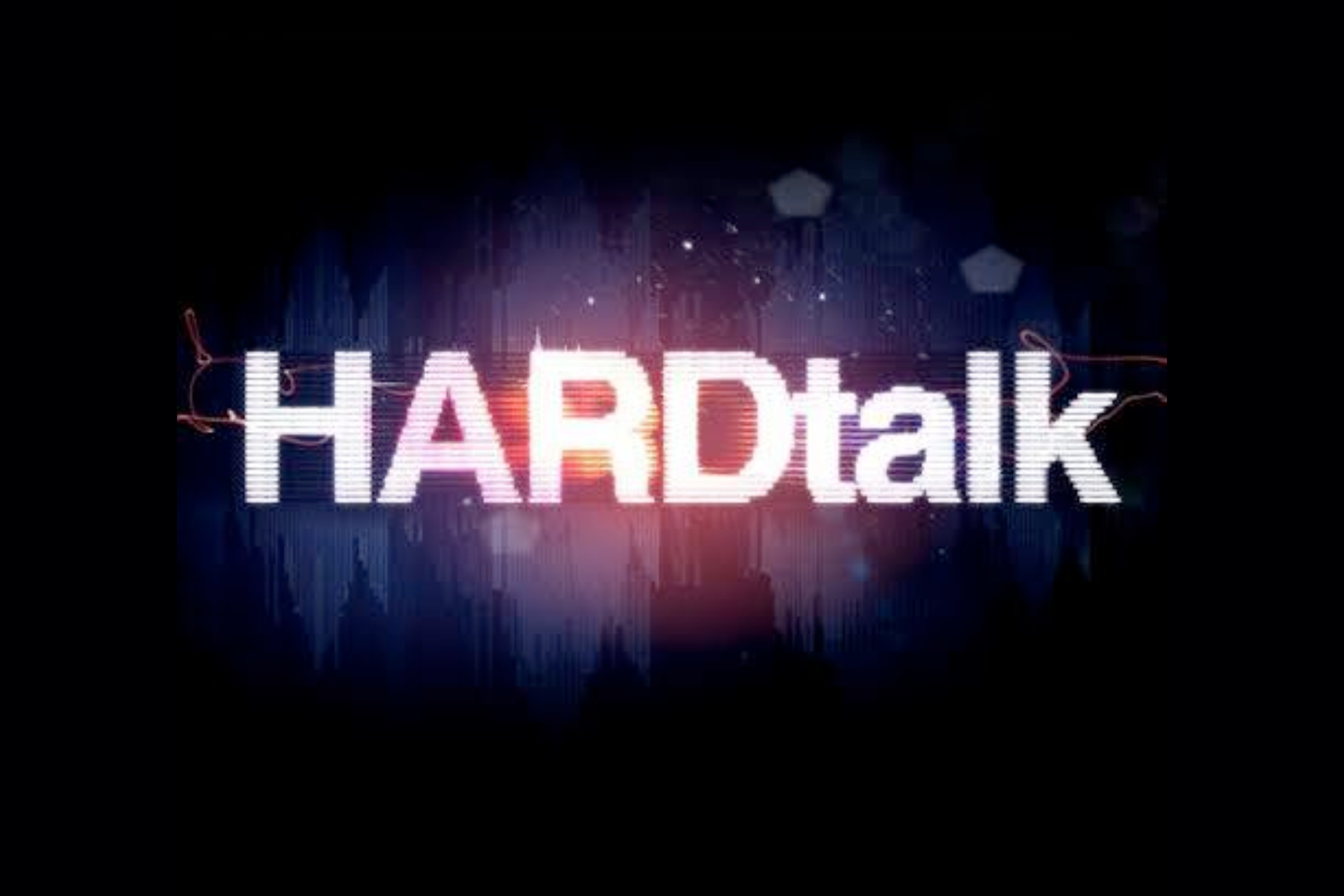
BBC’s unexpected announcement of HARDtalk's cancellation after 30 years on Oct. 15 came as a shock to many, including the show's host Stephen Sackur.
This decision has been officially attributed to budgetary constraints. In a statement, the broadcaster confirmed that the decision to cut the show, alongside other long-running programs, was part of a $31 million (£24 million) savings initiative that would see 130 job reductions across its news division.
While the financial challenges that the BBC faces make this explanation credible, there are voices in the media and on social platforms suggesting that there may be more behind the decision than economics alone.
While these rumors remain unconfirmed, the content of the interviews, and the reactions from both guests and host Stephen Sackur, provide a basis for considering the theory plausible.
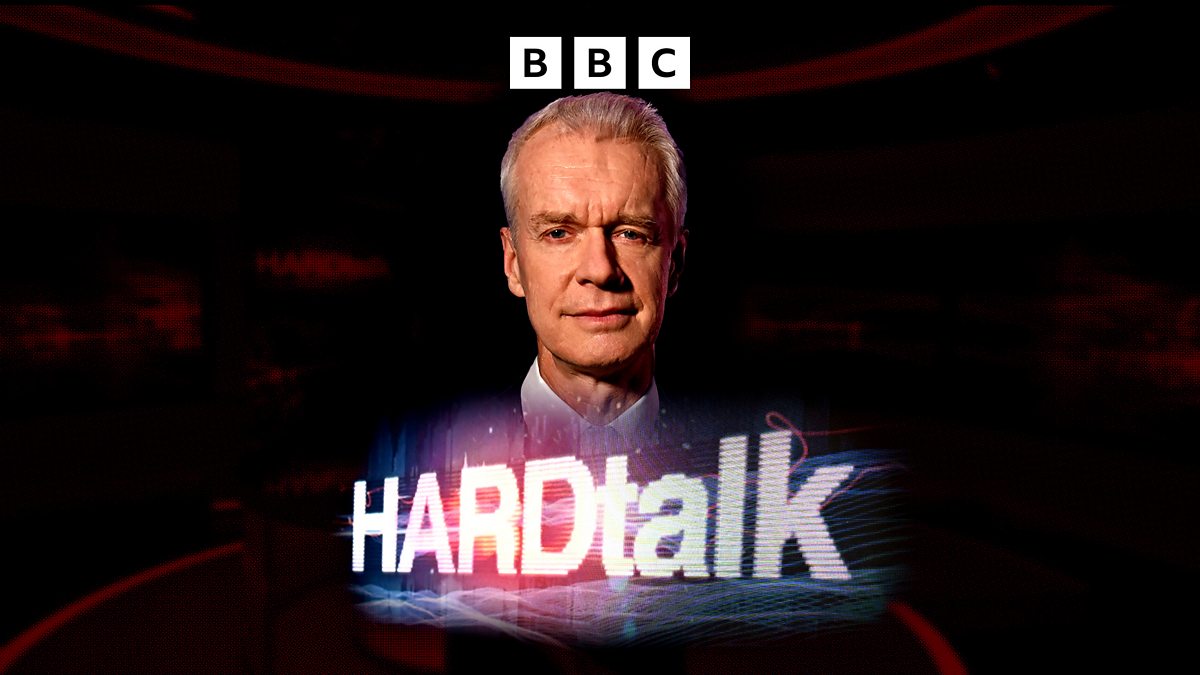
The BBC explained that the decision to end HARDtalk was part of a broader financial strategy to save $30 million (£24 million), reducing 130 jobs in the news division as the corporation shifts to digital services.
BBC News Chief Deborah Turness emphasized that these cuts were “unavoidable” as the broadcaster seeks to modernize and become more efficient. With public funding for the BBC declining, the decision aligns with broader budgetary trends.
However, Stephen Sackur, the face of HARDtalk for nearly two decades, reacted with disappointment and skepticism about the broader implications of the decision. In a series of tweets, Sackur expressed his frustration:
Sackur’s comments reflect the growing concern that independent journalism, particularly shows like HARDtalk, that provide a platform for challenging questions, maybe an under threat in today’s media landscape.
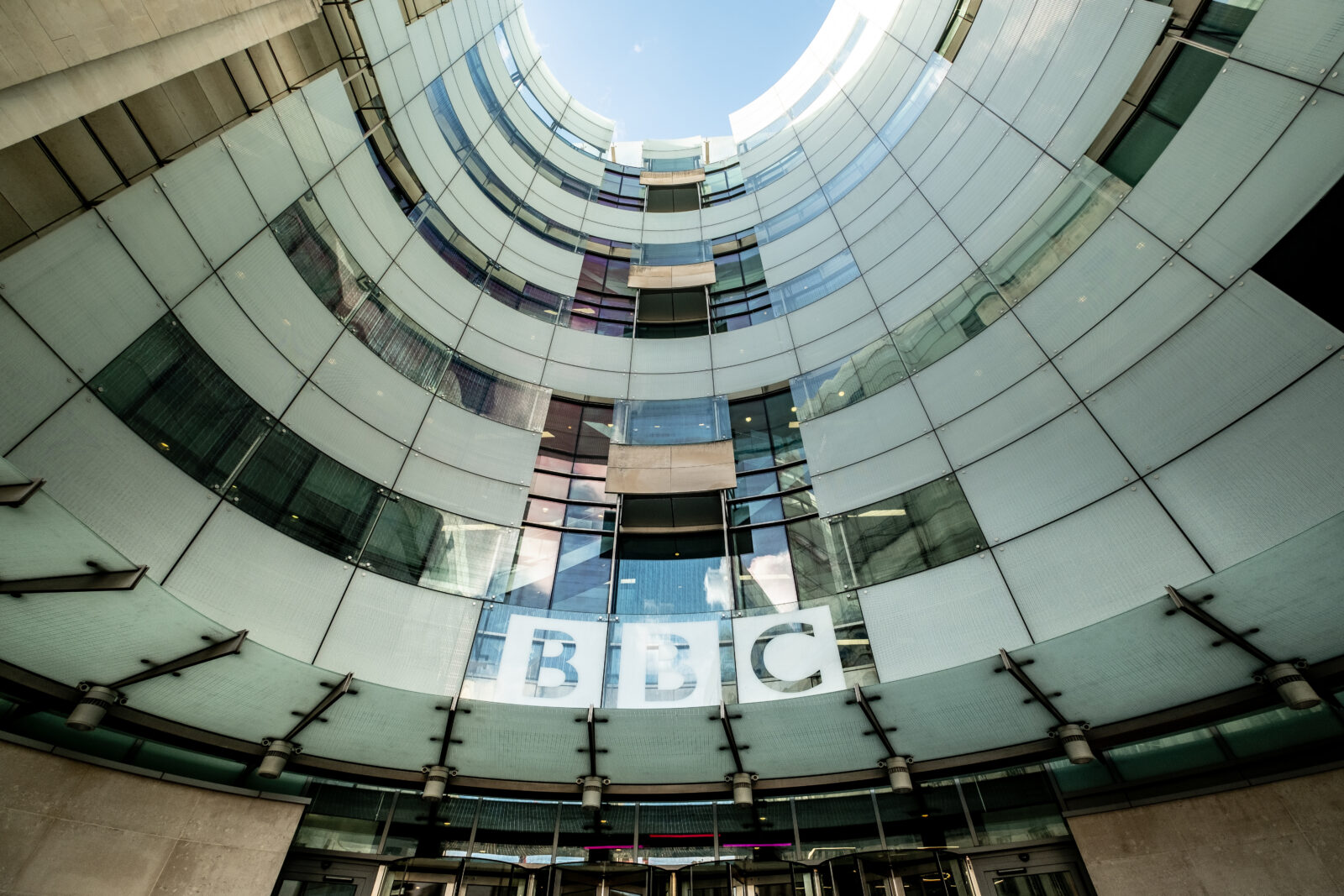
Sackur’s remarks come against a backdrop of mounting criticism of Western media’s selective reporting, particularly regarding the Israel-Palestine conflict.
Critics argue that many Western outlets downplay or ignore the heavy civilian casualties in Gaza, focusing instead on Israel’s right to self-defense. Max Blumenthal, an American journalist, addressed this directly in an interview just days before HARDtalk's cancellation:
I think the biggest problem with Western media is more in what they don't show than in what they do show.
Blumenthal's criticism mirrors the concerns expressed by HARDtalk’s viewers, who appreciated the show for giving voice to difficult subjects. In light of these concerns, the cancellation of a program that routinely challenged powerful voices on issues like Israel-Palestine has sparked outrage and fueled suspicions about political pressure.
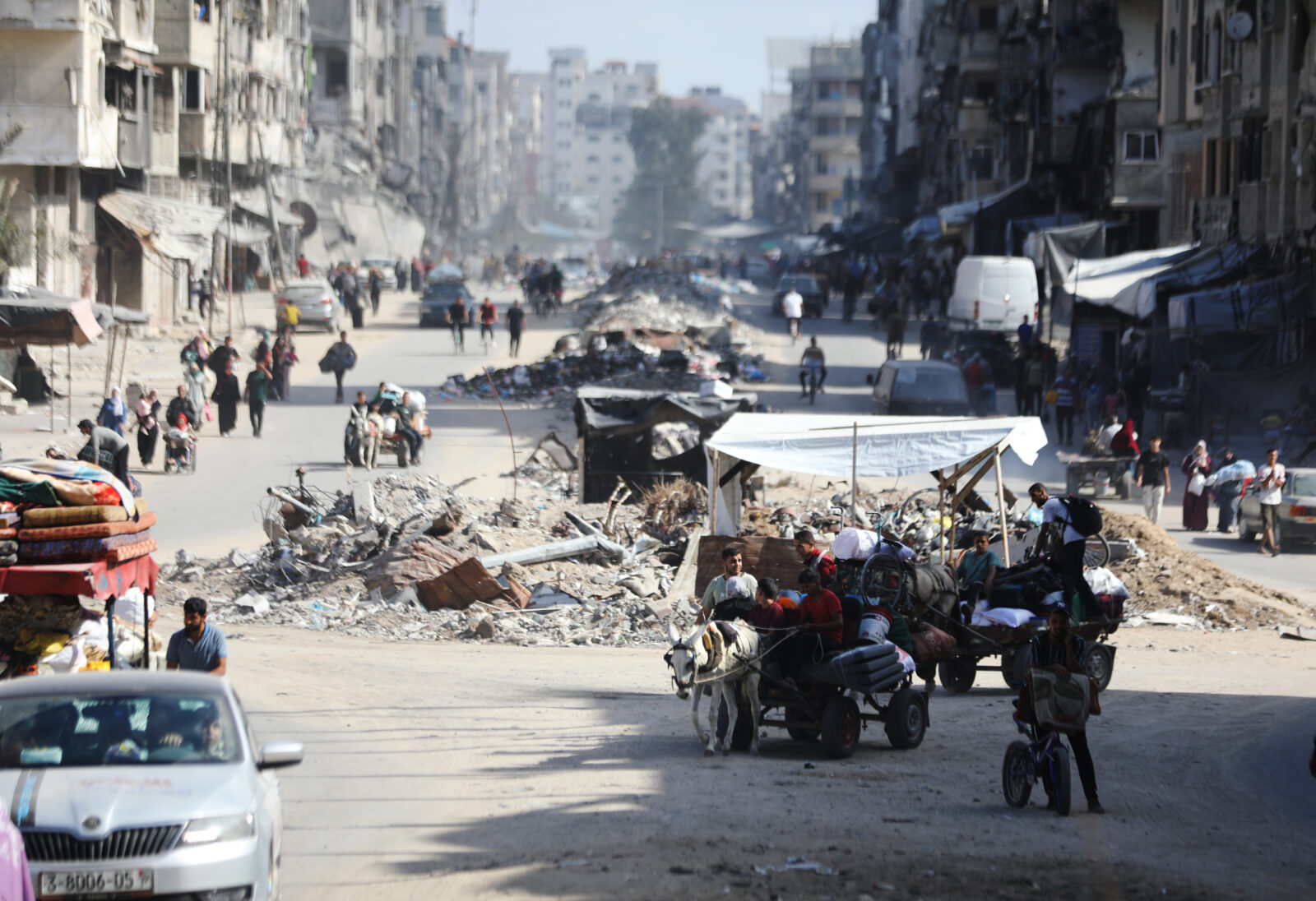
Social media has played a significant role in amplifying the theory that HARDtalk’s focus on Israel’s actions in Gaza may have influenced the show’s cancellation.
Besides that, two interviews might have encouraged some to pull the show's plug: the October 2024 interview with Israeli Ambassador Danny Dannon and the September 2024 interview with Palestinian photographer Motaz Azaiza.
Both interviews delved deeply into Israel’s military actions in Gaza and Lebanon, with Sackur pressing his guests on the ethics and implications of Israel’s operations.
The restriction of this video, combined with the cancellation of HARDtalk, has added fuel to the rumors that the BBC was under pressure to avoid critical coverage of Israel.
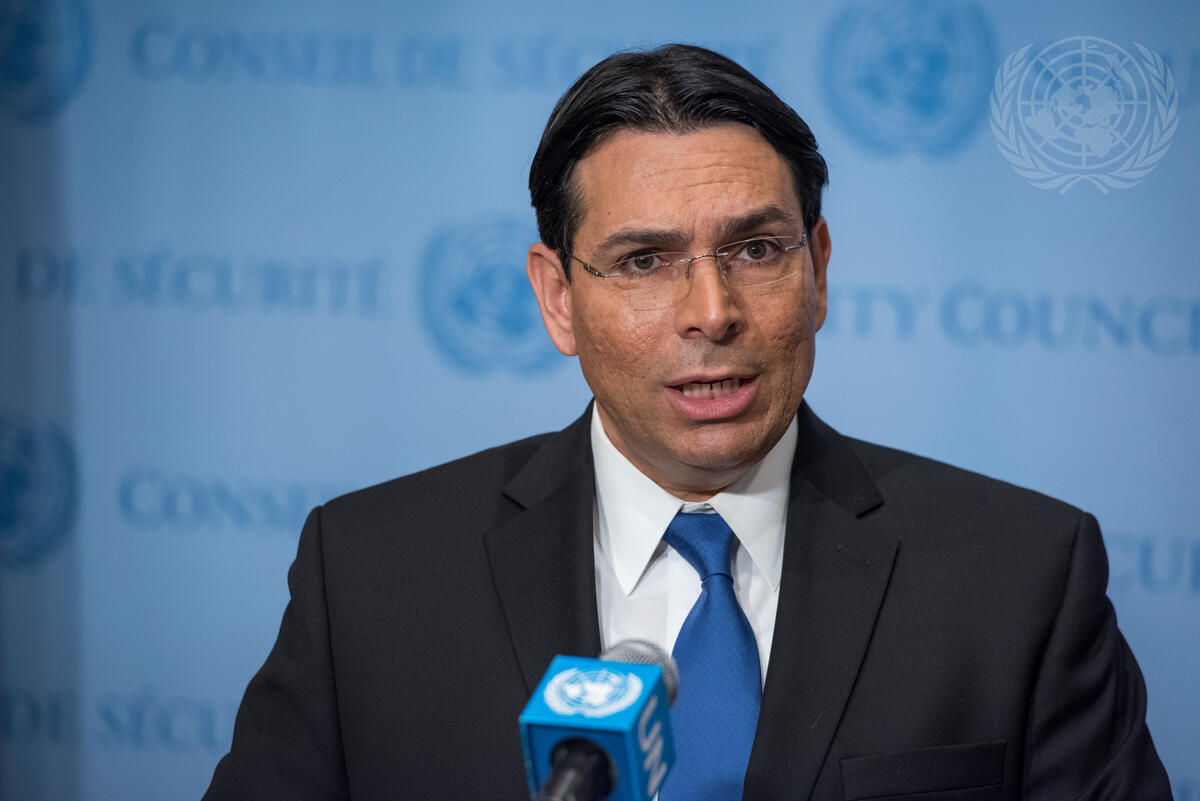
On October 12, 2024, HARDtalk aired an interview with Israeli Ambassador to the U.N., Danny Dannon. The atmosphere was tense from the outset, as Sackur did not shy away from asking tough questions. He began by addressing the high civilian death toll in Gaza, asking Dannon whether Israel’s military actions could be justified given the scale of destruction.
As the interview progressed, Sackur pressed Dannon further on Israel’s refusal to negotiate a ceasefire, highlighting the international outrage:
In regards to the two-state solution, Sackur asked the following:
During the interview, Stephen Sackur confronted Israeli Ambassador Danny Dannon on Israel's responsibility for its military actions, challenging the narrative that Israel had "no choice" but to engage in widespread military actions, stating:
The interview was hard-hitting, with Sackur not hesitating to challenge Dannon’s narrative. His direct style of questioning, asking about the impact of Israel’s actions on civilians and its diplomatic isolation, made the episode stand out as a particularly controversial one.
https://twitter.com/BBCHARDtalk/status/1829552240069320844
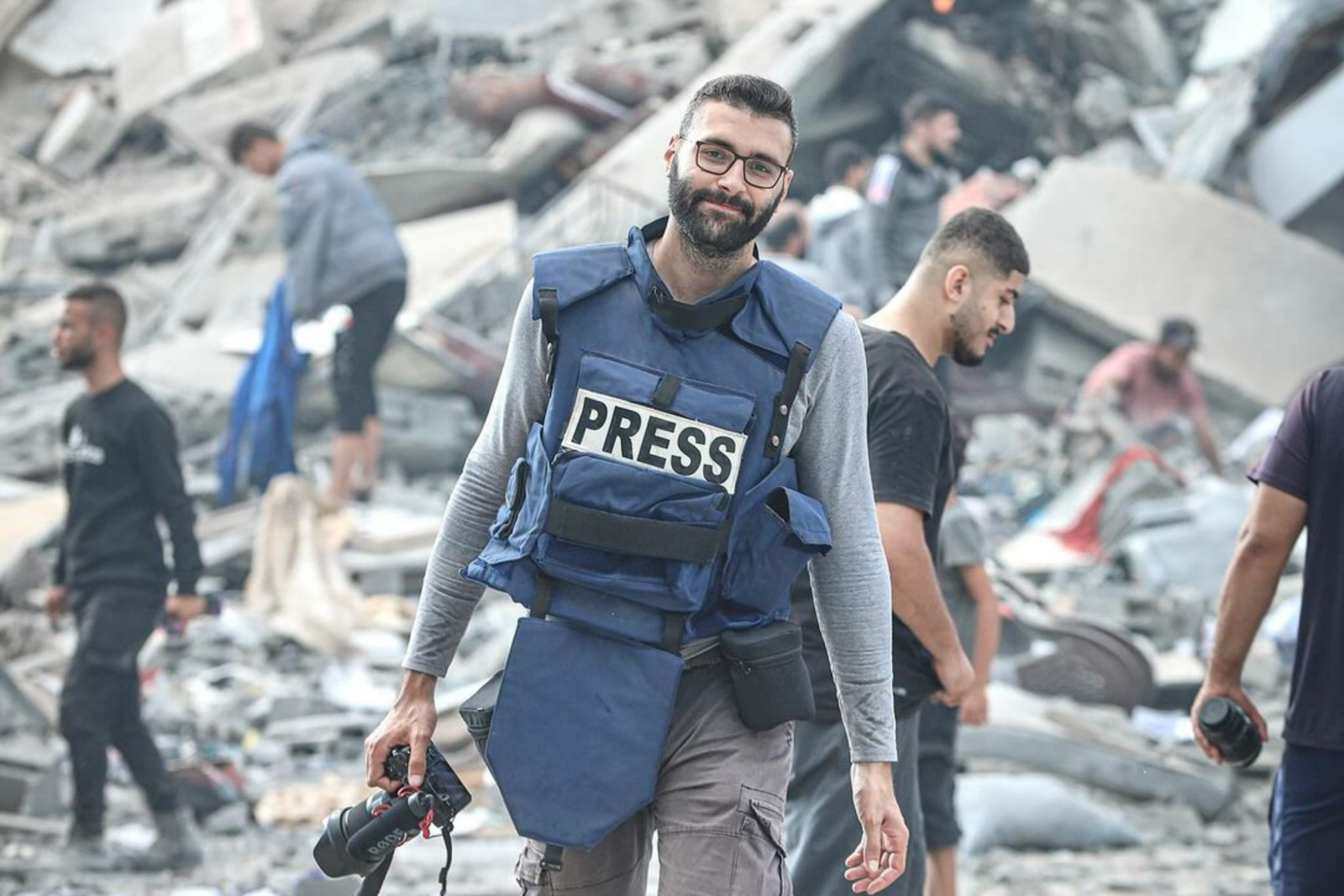
A month earlier, Sackur had interviewed Motaz Azaiza, a Palestinian photographer whose work had gone viral. Azaiza’s images documented the destruction in Gaza, and during the interview, he spoke passionately about the humanitarian crisis in the region.
The tone of the interview was raw and emotional, with Azaiza recounting the devastation he had witnessed.
Sackur allowed Azaiza to speak freely but also pressed him on the political implications of his work:
The interview quickly gained traction online, with many viewers praising HARDtalk for giving a voice to a Palestinian perspective. Azaiza’s vivid description of life under bombardment and his criticism of the international community’s inaction touched millions around the world.
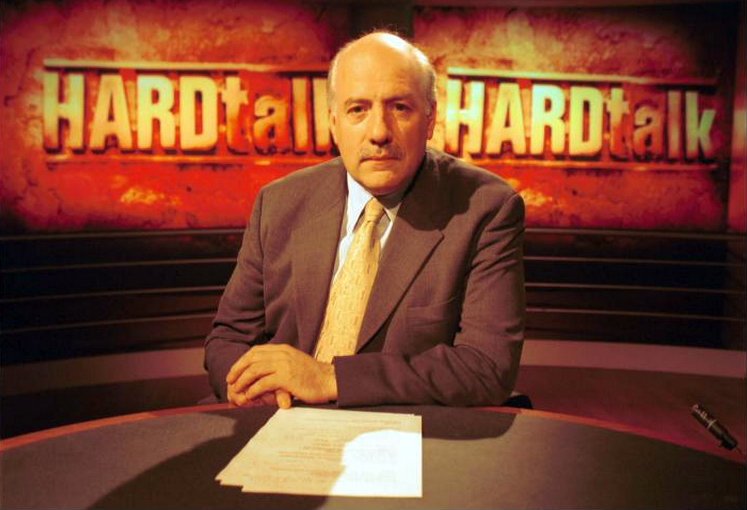
The alleged restriction of a TikTok video by former HARDtalk host Tim Sebastian further adds to the speculation.
In the clip, Sebastian had criticized Israel’s military tactics in Gaza and Lebanon, questioning whether these actions could be justified as self-defense. In the video, he said:
The West’s politicians are confronted with the number of civilians killed by Israel, the old refrain gets trotted out. Israel has a right to defend itself. Did you ever hear anyone deny that? Is there any country in fact that doesn't have the right to defend itself?
This miserable statement of the obvious ignores the fact that killing over 40,000 in Gaza. 16,000 of them children. And ramping up civilian casualties in Lebanon has nothing to do with the right of defence.
Israel's military are engaged in something else, inflicting terrible pain and hardship on homeless, hungry, sick and demoralized civilians so that they quit Gaza and the West Bank and turn against Hezbollah. Lebanon, these are the people with no right and no ability to defend themselves and the west trumpeting its values, just stands by and watches.
This restriction, coupled with HARDtalk’s cancellation, fuels rumors that the BBC was under political pressure to avoid coverage that could be seen as too critical of Israel.
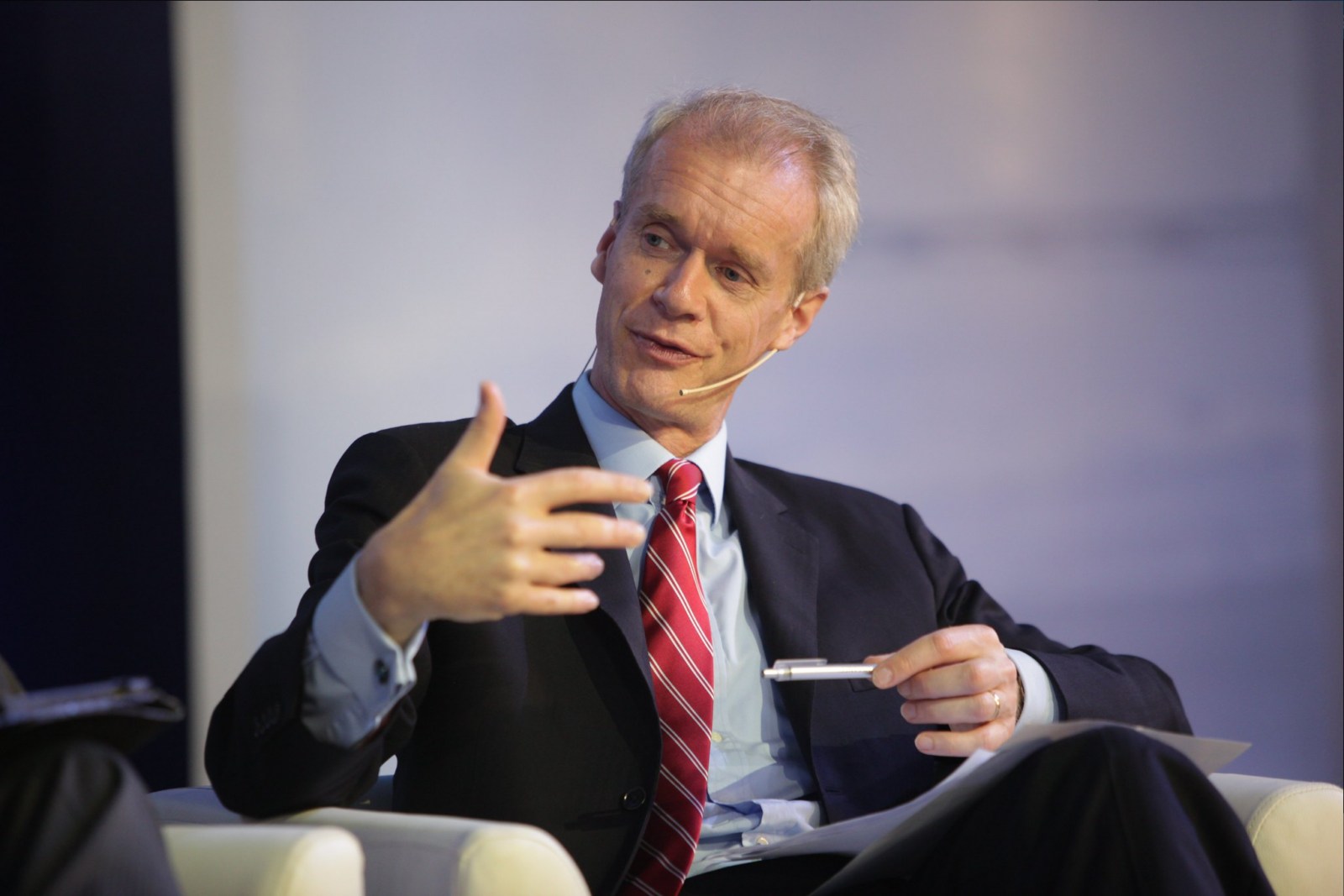
While the BBC’s official explanation for HARDtalk’s cancellation rests on financial grounds, the timing and content of recent interviews raise valid questions about whether political considerations played a role.
The critical stance the show took, particularly on Israel’s actions in Gaza, combined with Stephen Sackur’s public reaction, suggests that HARDtalk may have become a victim of its own hard-hitting journalism.
Whether the rumors are true, the cancellation of HARDtalk marks a significant loss for independent, investigative journalism at a time when it is most needed.